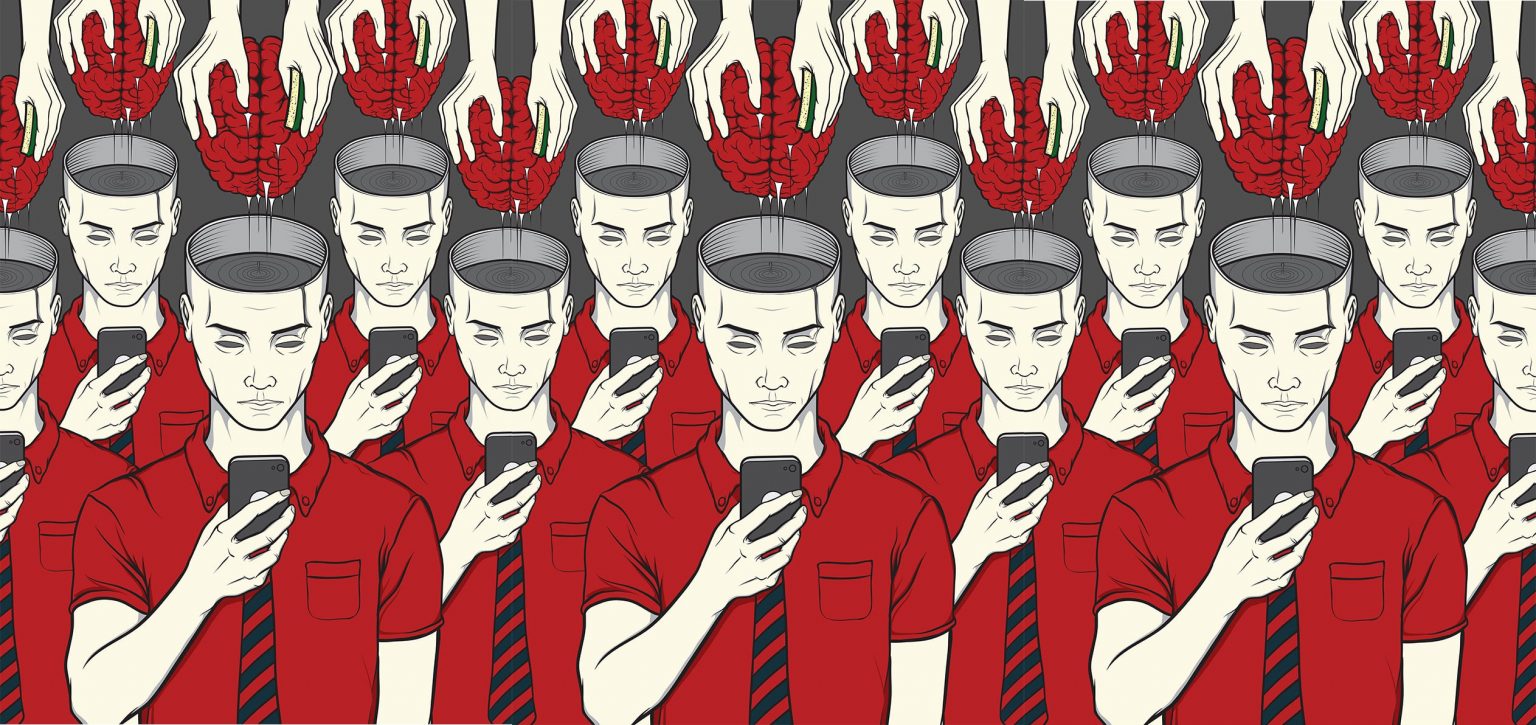
Professor Karen Douglas comments in a Nieman Lab article by Greg Miller on the psychological needs met by conspiracy theories.
The Nieman Journalism Lab, ‘an attempt to help journalism figure out its future in an Internet age’ at the Nieman Foundation for Journalism at Harvard, examines conspiracy theories in a recent article, acknowledging that, due to the epistemological aspect of the human mind, the internet and social media have created a fertile ground for conspiracy ideas “because any individual can know only a tiny sliver of the world firsthand, we have no choice but to accept a great deal of information we can’t verify for ourselves.”
“Pattern detection serves us well in everyday life. It’s how we piece together how people typically behave in given situations, for example. Believing in a bogus conspiracy theory amounts to seeing a pattern that’s not really there.”
The piece goes on to reference Douglas’ 2018 research:
‘In a 2018 paper, Douglas and colleagues recruited hundreds of volunteers online and quizzed them about their belief in various conspiracy theories, some well-known ones and some invented by the researchers. Participants who agreed more strongly with a sample of well-known conspiracy theories were more likely than others to also see meaningful patterns in a series of random coin tosses and in the chaotic, splotchy paintings of abstract expressionist artist Jackson Pollock. “It seems that seeing patterns in random phenomena such as coin tosses and abstract paintings relates to the tendency to see patterns in political and social events that are happening in the world,” Douglas says.
Read the full article here





